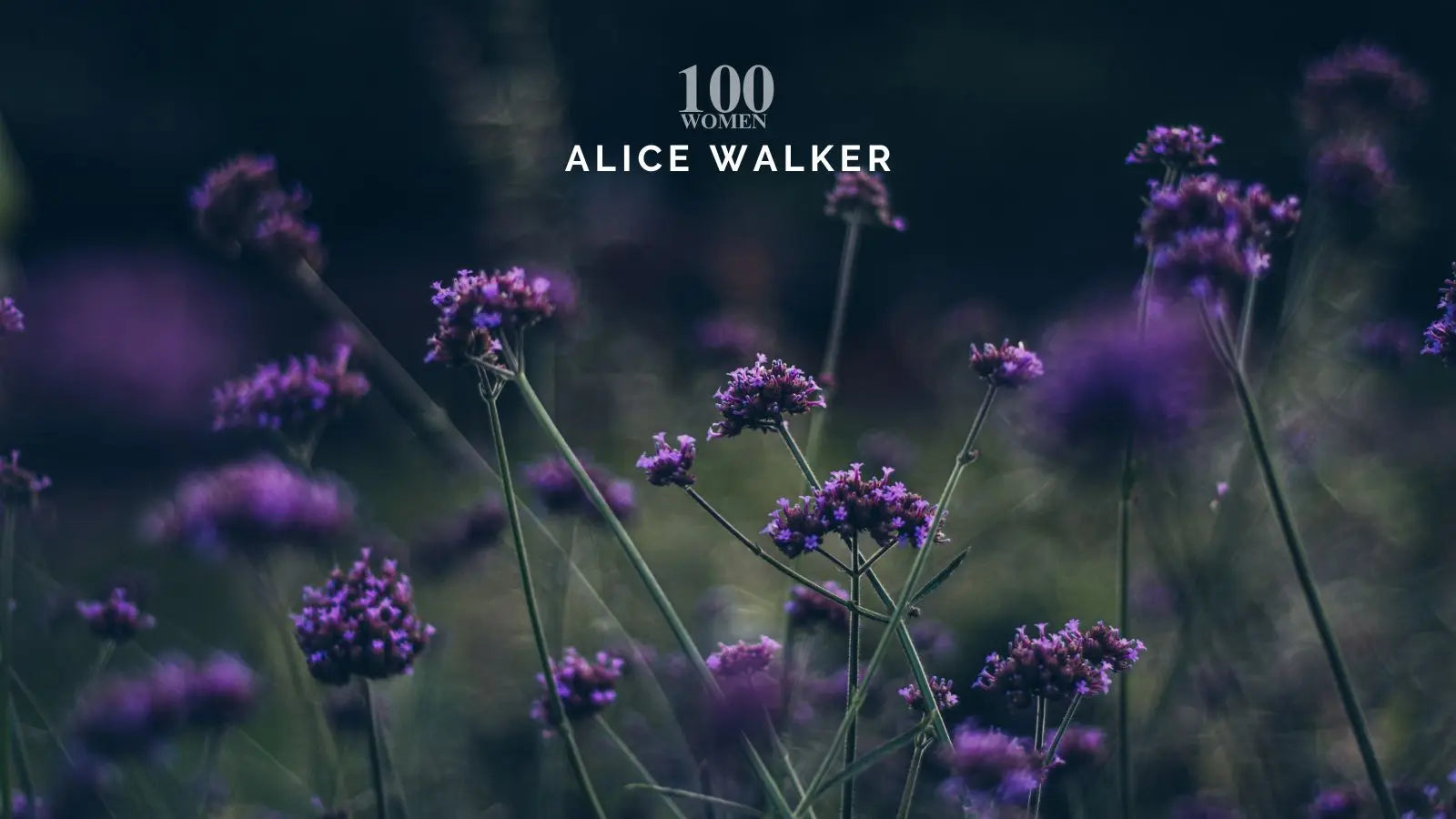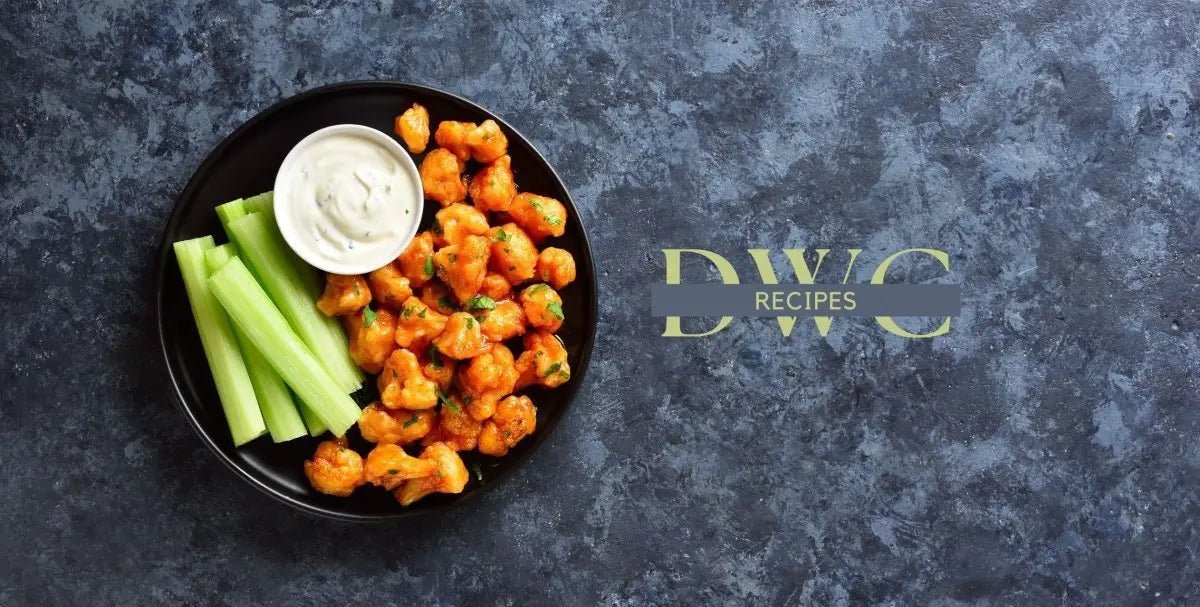-2.jpg)
"My partner wants to take me out to cheer me up. It’s been one week since our miscarriage."
A young woman shared this recently. Her partner, likely doing his best to help, offered what many might: a distraction. Something to take her mind off the pain. It’s a familiar instinct.
But for those who’ve just lost a baby, the idea of cheering up can feel painfully out of place — even heartbreaking…
…like being asked to smile with a wound still open
…like being expected to breathe when you're still gasping for air
… like the world is rushing ahead while your heart is still shattered and your life is standing still
When I had a miscarriage, my world stopped.
My heart shattered. I wanted to curl up and cry — and that’s exactly what I did. For once, I gave myself permission to slow down. To rest. To let my emotions rise, crash, and rise again. There will be a time to get up, I told myself. But right now, I needed to honor my pain and listen to my body, my heart, and my grief.
Meanwhile, the world kept going — as if nothing had happened. People went back to their lives. Friends and family meant well: some offered comfort, others stayed painfully silent, giving space. But there were also the words that stung:
“At least it was early.”
“You can try again.”
“I don’t want to think about what you’re going through.”
And then there were the unspoken expectations — to bounce back, return to “normal,” move on.
But how long is the right time to grieve a baby you never got to hold?
There isn’t one.
Because this kind of loss isn’t something you get over. It’s something you carry. Quietly. Daily. Forever.
What hurt most wasn’t just the loss — it was being forgotten. Being unseen in the weeks that followed, when the world no longer asked how I was.
Strangely, sometimes I found more compassion in strangers than in those closest to me.
But the one person I needed most — the one who could reach me in that dark, raw place — was my partner.
Not to fix me. Not to cheer me up.
Just to be there. To hold space. To cry, or sit in silence.
To remember with me.
Because when it feels like the world has moved on without us, what we need most is to feel like someone is still standing with us.
And in those early days, what I needed most wasn’t cheering up. It was to be seen. Held. Honored in my grief — not pushed past it.
That’s why the role of a partner is so deeply important. Not just for support, but for sharing the weight of the loss. For grieving together.
The Grief is Real, No Matter How Many Weeks That Baby Grew Inside Us
Pregnancy loss is often invisible to the outside world. There may be no funeral, no public acknowledgment. But the grief is real. So is the love we carry.
Pregnancy loss is the loss of a baby, of a future imagined, of a part of your body and heart. It deserves to be mourned.
And when a partner or anyone else tries to move forward too quickly, even with the best intentions, it can feel like the loss is being minimised.
Grief is not something to fix. It’s not a problem to solve. It’s a sacred emotional process that asks for space and presence.
Sometimes, the most powerful thing to do is simply be present.
When Partners Are Grieving, Too — And No One Talks About It
Pregnancy loss is a kind of grief most people aren’t taught how to hold — not for themselves, and not for each other. When everything feels broken, it’s natural to reach for something comforting or familiar: a night out, a distraction, a way to bring a moment of lightness.
But when someone is deep in loss, “normal” often feels miles away. Trying to recreate it too soon can unintentionally feel like brushing past the pain.
“I didn’t want to be fixed. I wanted someone to honour my loss."
And while the one who carried the pregnancy may often be most visibly impacted, what gets missed in so many stories is this: partners grieve, too — even if it looks different.
Some grow quiet. Some stay busy. Some try to stay strong. Some don’t know what to say. And yet underneath that, they may be carrying a grief just as heavy, just as real. No two experiences are the same — but they are both valid.
There can be deep comfort in sharing even a sliver of that emotion with one another. Not to fix it. Not to rush it. But simply to say: I’m hurting too.
"I didn’t think he cared. He never cried. He kept going, doing things, holding it all together. But one night, in the quiet, he said: 'I think about the baby every day.' And I broke open. That moment — that one sentence — brought us back together. The door he opened allowed us to finally share our feelings. I realised I wasn’t alone in my grief. He had been carrying it too, quietly, believing he had to be the strong one while he was breaking inside, too."
When grief is shared — acknowledged, not hidden — it can be a thread that holds two people together, even when everything else feels like it’s falling apart.
So What Can a Partner Actually Do to Help
Ask, don’t assume. Try: "What do you need today? Do you want to talk? Do you want quiet? I’m here either way."
And just as important — don’t assume they know what you need, either. Grief clouds everything. Communicating your needs, even if it’s just saying, "I don’t know what I need yet, but I’ll tell you when I do," can be a powerful act of connection.
Meet her where she is. Not where you want her to be. Not where you think she should be. But right there, in the depth of what she’s feeling — even if it’s uncomfortable.
Acknowledge the baby. Even if it was early. Even if others don’t. That life mattered.
Communicate your needs, too. Grief is a two-way current. Saying, “I don’t always know how to help, but I want to” invites honesty and connection.
Share your grief. Saying "This hurts me, too" can be healing for both of you.
Create a ritual together. Light a candle. Write a letter. Name the baby, if that feels right. Honour the loss in your own way.
Hold her. Sit with her. Be still. Presence matters more than any plan.
Moving Through, Together
There is no "right" way to grieve. No perfect timeline. But what partners can do — what you both can do — is grieve together. That might look messy. It might feel hard. But it can also be one of the most intimate, honest, and connective experiences you will ever share.
Grief isn’t something to move on from. It’s something to move with — to carry, walk alongside, and eventually allow us to reshape us.
_(74).jpg)


 (74).jpg)
-2.jpg)
.jpg)
.jpg)
.jpg)
-2.jpg)

-2.jpg)
-2.jpg)
.png)
-2.jpg)

-2.jpg)
-2.jpg)
